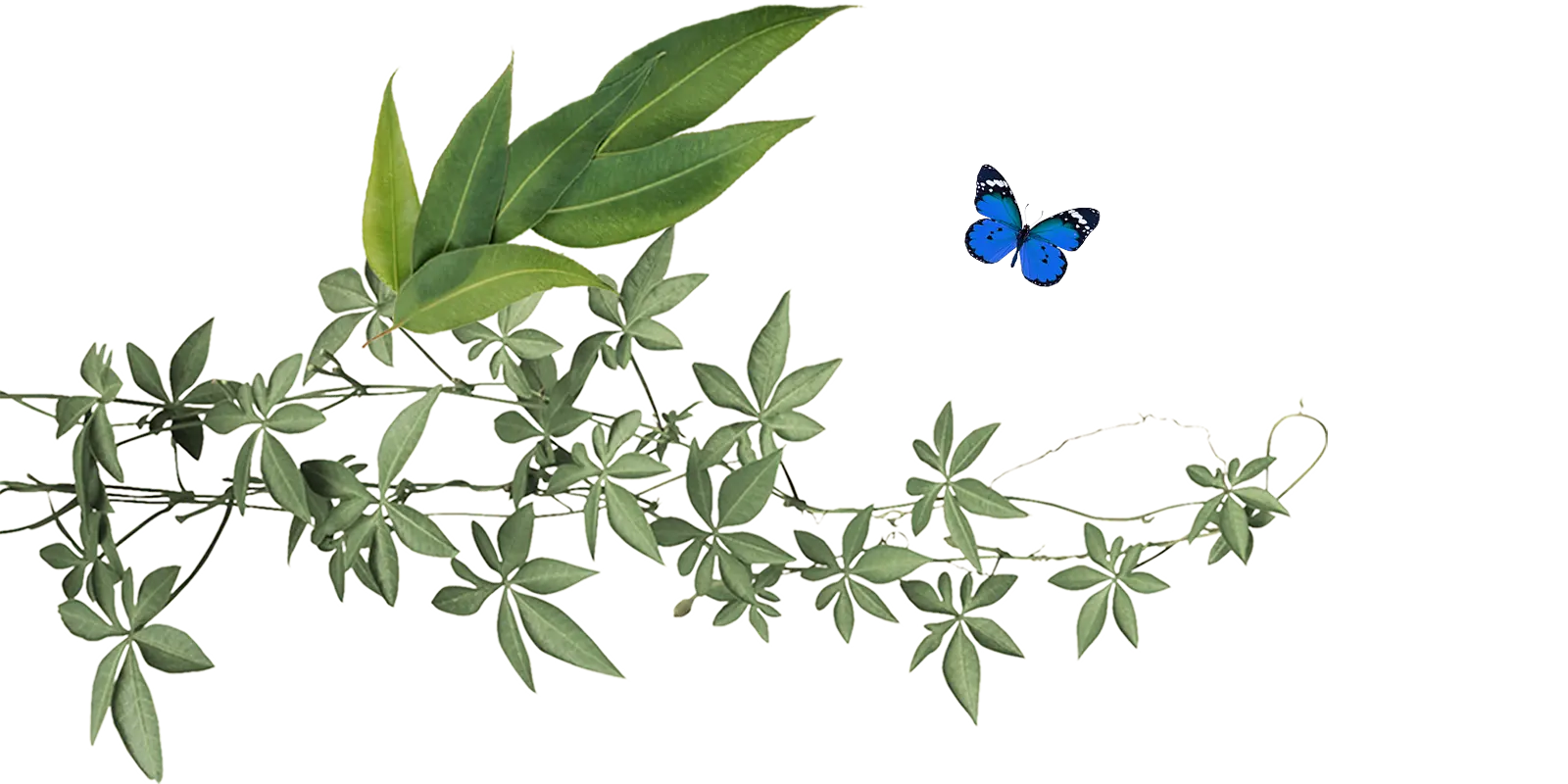There is a global movement underway to “Give Rights to Nature” and it is gaining in momentum. Examples can be seen around the world with more than 400 active cases underway, many led by Indigenous communities who are upholding the rights of sacred and ancestral rivers, forests and mountains.
Many argue that we grant legal personhood and rights to corporations, isn’t it time to also grant them to the natural systems we depend on for survival?
Why is this important?
For too long, legal systems around the world have treated land and nature as property that can be dominated, owned and exploited. Granting rights to nature is creating a shift in humanity’s relationship with nature as it establishes a new set of rules that agrees on the fundamental acknowledges that we exist and co-evolve in partnership with the non-human world. Protecting this relationship under law will give us the chance to mend, heal and evolve with the natural world.
The call to give legal rights and protections to nature provides a clear pathway forward as we can use the structure of the law that already exists to give eco-systems and non-human animals inherent rights to live, thrive, and survive.
By giving ecosystems and Mother Earth herself a legal personality, people and communities are also being empowered to defend their rights and bring litigation on behalf of natural entities.
How are others approaching this?
There are many ways that people around the world are attempting to give rights to nature. Below is a small sample. If you have any further examples that you think should be on this list, please get in touch.
Mother Earth Law
In 2010, Bolivia passed legislation granting nature equal rights to humans. The law defines Mother Earth as "...the dynamic living system formed by the indivisible community of all life systems and living beings whom are interrelated, interdependent, and complementary, which share a common destiny” adding that "Mother Earth is considered sacred in the worldview of Indigenous peoples and nations.”
The law recognises seven specific rights of Mother Earth and her constituent life systems, including human communities, are entitled to; life, diversity of life, water, clean air, equilibrium, restoration, and to live free of contamination.
Imagine what this law could look like in your country and how to make it happen.
Indigenous leadership for Earth jurisprudence
Indigenous communities around the world are leading the way in upholding the rights of sacred and ancestral rivers, forests and mountains.
In recognition of the importance of Indigenous leadership and guidance for the growing Rights of Nature movement, the Global Alliance for the Rights of Nature (GARN) is building an Indigenous Council that will invite Indigenous leaders from around the globe working on Earth jurisprudence to join together and have a leading voice at GARN.
Legal Rights for Forests and Rivers
Rather than incorporate a rights of nature doctrine in its constitution New Zealand has taken a more enforceable and direct approach by explicitly granting legal personhood to three environmental features: (1) Te Urewera National Park, (2) the Whanganui River, and (3) Mt. Taranaki.
A treaty settlement agreement reached by Maori tribes and the New Zealand government led to a 2017 law that recognized the legal person Te Awa Tupua as an “indivisible and living whole, comprising the Whanganui River from the mountains to the sea.” This legal person has both rights and duties, including property rights in its riverbed.
Combining traditional indigenous knowledge of the Maori people who are thought to have landed in New Zealand around the 13th century with the modern legal system, New Zealand became one of the first countries in the world to give a mountain, river, and national park legal personhood status.
Intergenerational governance
The Martuwarra Fitzroy River Council is an Indigenous-led organisation in Western Australia that brings together an alliance of Elders and emerging leaders from six independent nations of the Fitzroy River Catchment.
A Youth Council was established to ensure that Martuwarra (Fitzroy River), a living ancestor and a global treasure, retains a right to flow, while developing environmentally sustainable economies for Indigenous People that re-establishes the value of Indigenous cultures.
Martuwarra Fitzroy River Council Elders are paired with a young leader, whom they mentor in First Law, to continue this mission long into the future, setting a precedent across the country for Indigenous led climate recovery.
Rights for the animal kingdom
In 2018, the Uttarakhand High Court declared the animal kingdom to be legal entities with the rights, duties, and liabilities of a living person.
Featured stories

Faith in nature
Some of these solutions are featured in our short film - Regenerate Australia. Find out where you can see the film.
Regenerative actions you can implement in your life
We believe every one of us has a role to play in Regeneration. If you are interested in helping to Giving Rights to Nature, here are some actions we have identified that you could take on in your life.





